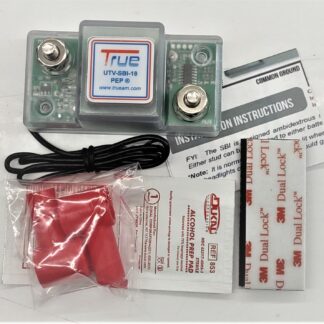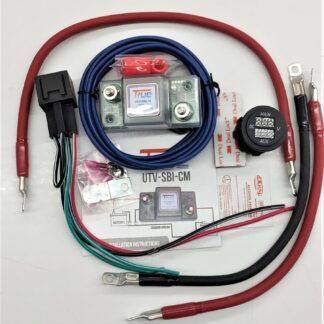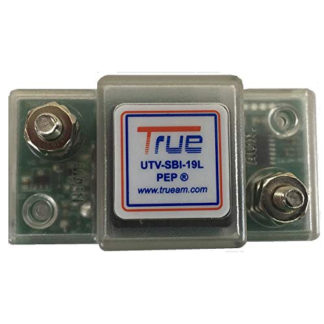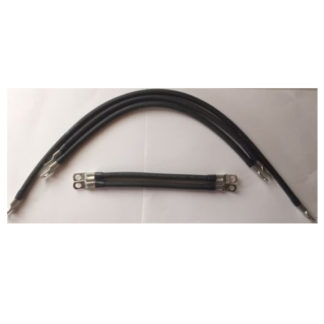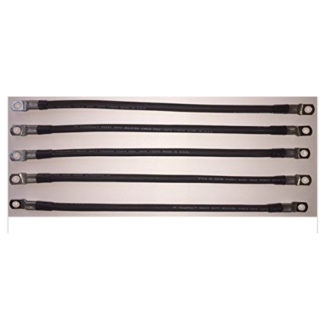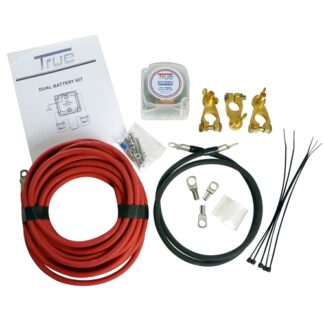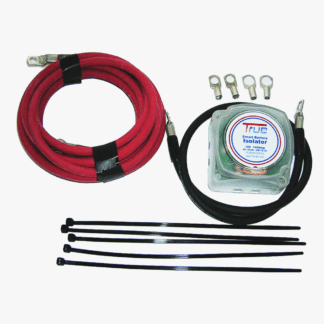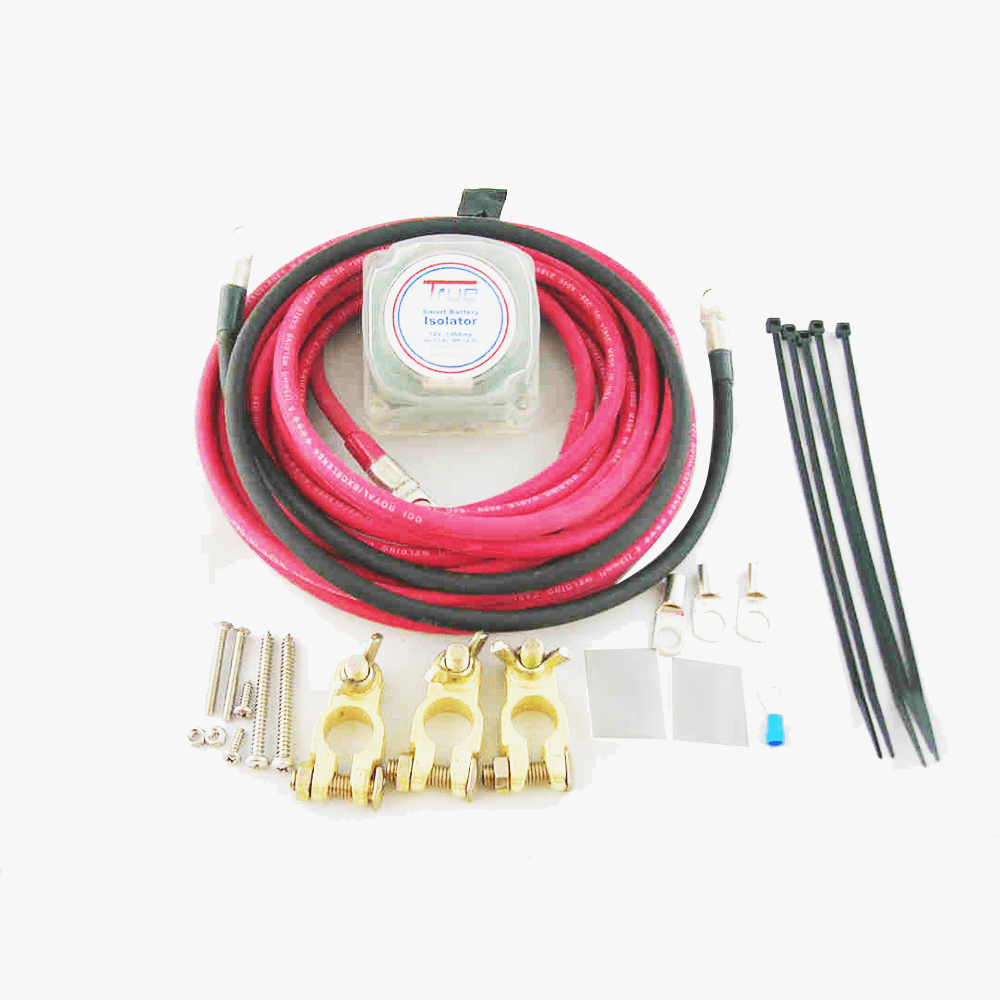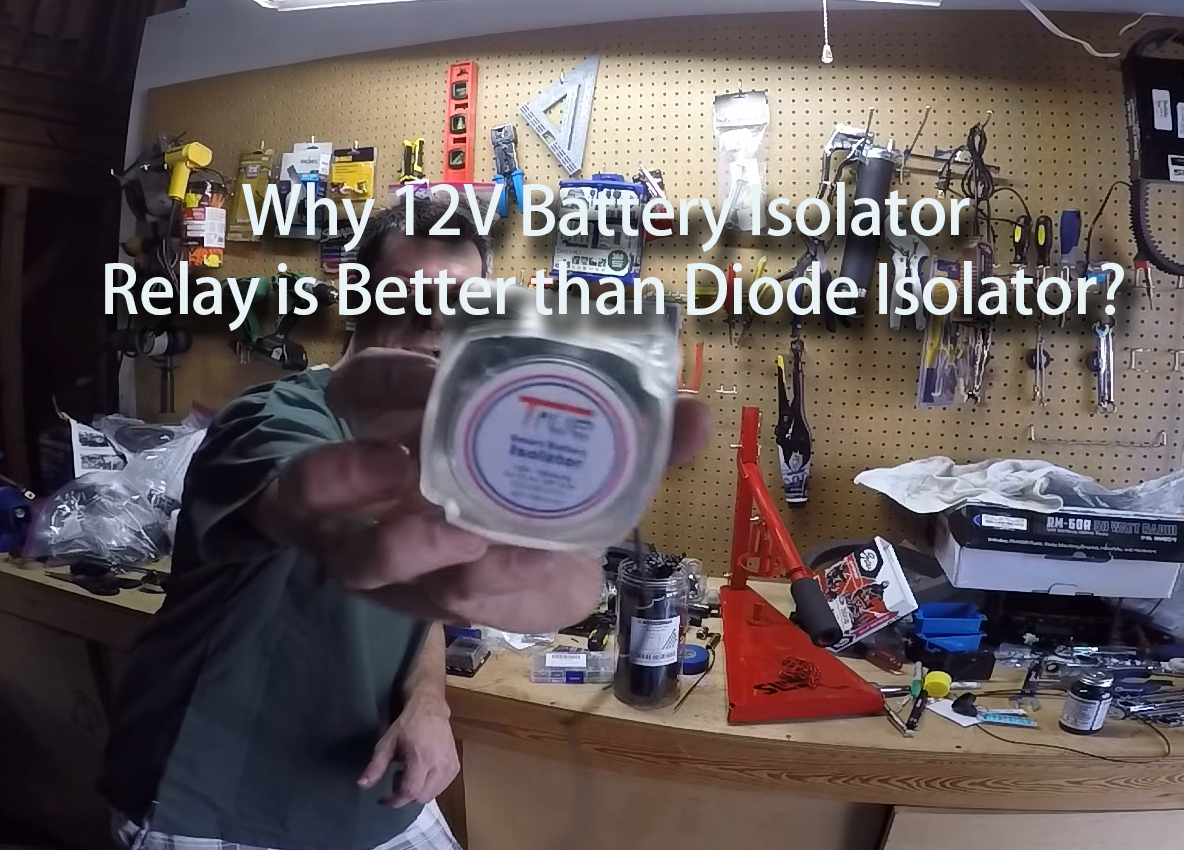
Whether a relay battery isolator is better than a diode battery isolator depends on the specific requirements of your dual battery system and your priorities. There are situations where a relay battery isolator may be a better choice, but it’s not universally superior.
Here are some scenarios in which a relay battery isolator may be considered better:
-
- Bi-Directional Current Flow: 12v relay battery isolator allow current to flow bidirectionally between the primary (cranking) battery and the secondary (auxiliary) battery. This means power can be shared between the batteries in both directions. In contrast, diode isolators only allow current to flow from the primary battery to the auxiliary battery, which can be limiting in some applications.
- Higher Efficiency: Relay isolators typically have higher efficiency compared to diode isolators. Less energy is lost as heat during power transfer, which can be important when you want to maximize the effective use of your batteries.
- Manual Control: Many relay isolators come with manual control options. This allows you to manually connect or disconnect the batteries as needed, giving you more control over the power distribution in your dual battery system. This can be advantageous in certain situations.
- Compatibility with High Loads: Dual battery isolator relays are often better suited for applications that involve high current loads, such as powering heavy-duty appliances or winches. The bidirectional current flow and higher efficiency make them more suitable for such tasks.
- Flexibility: 12v battery isolator relay come in various designs and qualities, offering flexibility in terms of features and performance. You can choose a relay isolator that best matches your specific requirements and budget.
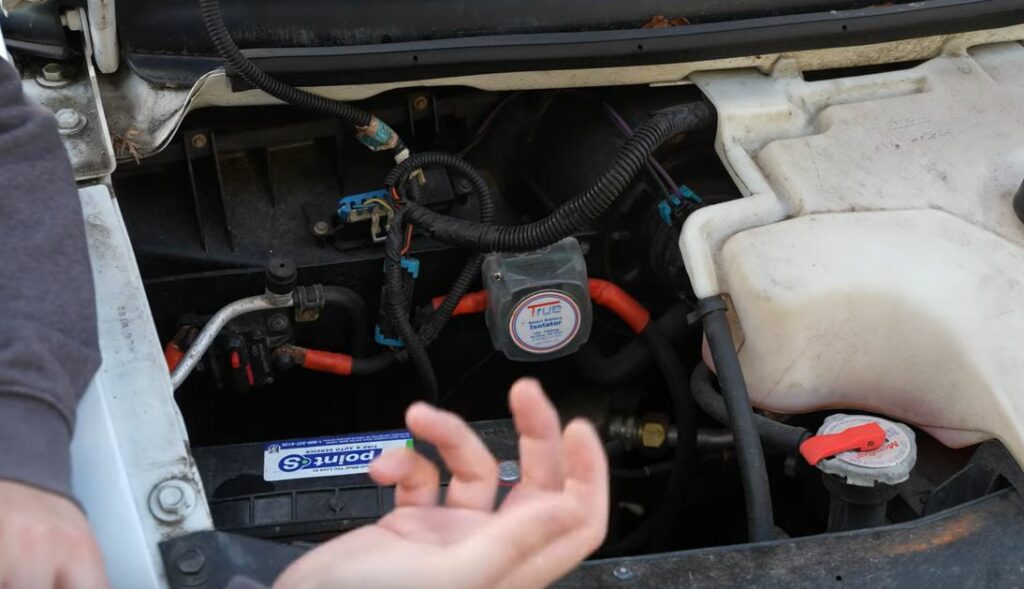
However, it’s essential to note that diode battery isolators have their own advantages, including simplicity, reliability, and automatic operation. They are well-suited for applications where the primary concern is protecting the primary (cranking) battery from being discharged by the secondary (auxiliary) battery. Additionally, diode isolators have minimal voltage drop across the diodes, ensuring that the auxiliary battery receives a reasonably high voltage.
In conclusion, whether a dual battery isolator relay is better than a diode dual battery isolator depends on your use case and priorities. Dual battery isolator relays excel in bidirectional current flow, efficiency, and manual control, making them suitable for certain applications. However, diode isolators are still valuable for their simplicity and reliable automatic operation, particularly when battery protection is the primary concern. The choice should be based on your specific needs and the characteristics that matter most to you in your dual battery system.


